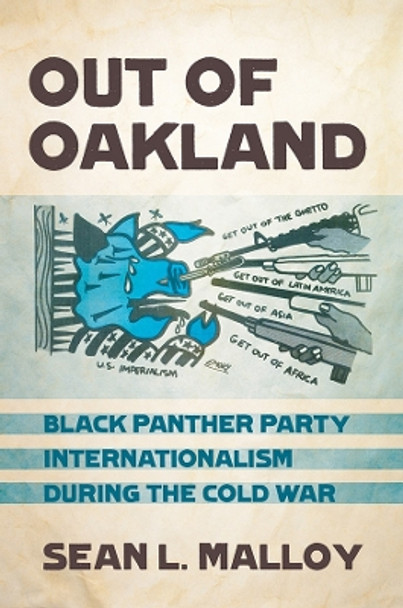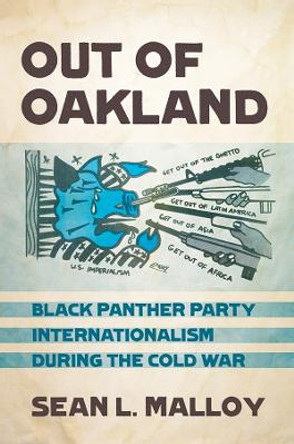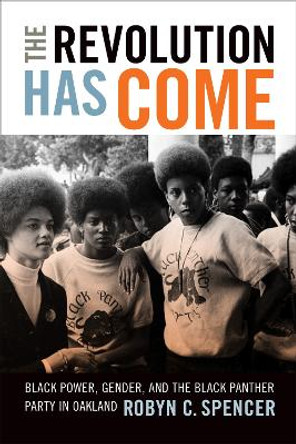Description
Out of Oakland offers a wonderful case study in the possibilities and limitations of transnational organizing. Diplomatic History
In Out of Oakland, Sean L. Malloy explores the evolving internationalism of the Black Panther Party (BPP); the continuing exile of former members, including Assata Shakur, in Cuba is testament to the lasting nature of the international bonds that were forged during the party's heyday. Founded in Oakland, California, in October 1966 by Huey P. Newton and Bobby Seale, the BPP began with no more than a dozen members. Focused on local issues, most notably police brutality, the Panthers patrolled their West Oakland neighborhood armed with shotguns and law books. Within a few years, the BPP had expanded its operations into a global confrontation with what Minister of Information Eldridge Cleaver dubbed "the international pig power structure."
Malloy traces the shifting intersections between the black freedom struggle in the United States, Third World anticolonialism, and the Cold War. By the early 1970s, the Panthers had chapters across the United States as well as an international section headquartered in Algeria and support groups and emulators as far afield as England, India, New Zealand, Israel, and Sweden. The international section served as an official embassy for the BPP and a beacon for American revolutionaries abroad, attracting figures ranging from Black Power skyjackers to fugitive LSD guru Timothy Leary. Engaging directly with the expanding Cold War, BPP representatives cultivated alliances with the governments of Cuba, North Korea, China, North Vietnam, and the People's Republic of the Congo as well as European and Japanese militant groups and the Palestinian Liberation Organization.
In an epilogue, Malloy directly links the legacy of the BPP to contemporary questions raised by the Black Lives Matter movement.
About the Author
Sean L. Malloy is Associate Professor of History/Critical Race and Ethnic Studies at the University of California, Merced. He is the author of Out of Oakland: Black Panther Party Internationalism during the Cold War and Atomic Tragedy: Henry L. Stimson and the Decision to Use the Bomb against Japan, both from Cornell.
Reviews
Out of Oakland offers a wonderful case study in the possibilities and limitations of transnational organizing.
* Diplomatic History *Malloy's focus on the international dimension of the Black Panther Party is a welcomed contribution to this area of study.... Malloy also sheds considerable light on the range of differences in ideological perspective and on-the-ground tactics between Eldridge Cleaver and BPP cofounder Huey P. Newton.... Out of Oakland will be especially useful to classes and graduate seminars centered on Cold War internationalisms, black internationalism, and histories of African American and Afro-diasporic political organizing in the post-civil rights era.... [It] demonstrates that far from being uninformed counterculture renegades, the BPP and its army of revolutionary-minded members, theorists, and comrades were a central component of a political upsurge bent on dismantling U.S. imperial democracy.
-- Christopher M. Tinson * American Historical Review *Book Information
ISBN 9781501702396
Author Sean L. Malloy
Format Hardback
Page Count 280
Imprint Cornell University Press
Publisher Cornell University Press
Weight(grams) 907g
Dimensions(mm) 229mm * 152mm * 28mm







